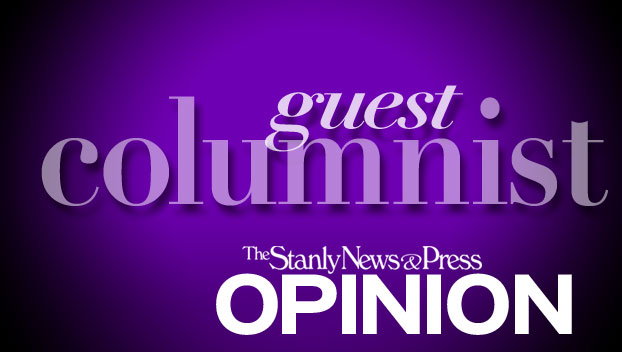
Opinion
JOHN HOOD COLUMN: States should reclaim responsibilities
RALEIGH — Reacting a few days ago to President Donald Trump’s brief attempt to suspend payment on a ... Read more

RALEIGH — Reacting a few days ago to President Donald Trump’s brief attempt to suspend payment on a ... Read more

RALEIGH — As the North Carolina General Assembly begins its 2025 session, lawmakers have many pressing issues to ... Read more

RALEIGH — As a proud native of the Charlotte area who has happily lived most of my life ... Read more

RALEIGH — Are we on the brink of World War III? Not necessarily, argue the coauthors of a ... Read more

RALEIGH — I once wrote a musical play with a character who spoke almost exclusively in words beginning ... Read more

RALEIGH — The Republican Party enjoyed impressive electoral successes in 2024. Its candidates won the presidency, the U.S. ... Read more

RALEIGH — Of course Congress and the White House are going to reduce federal funding for Medicaid expansion. ... Read more

RALEIGH — Pro-growth tax reform has paid big dividends, at both the state and federal levels, but if ... Read more

RALEIGH — If you think what has made 2024 memorable is a chaotic political campaign featuring multiple assassination ... Read more

RALEIGH — Now that the counting of ballots is more-or-less complete, let’s take another look back at the ... Read more